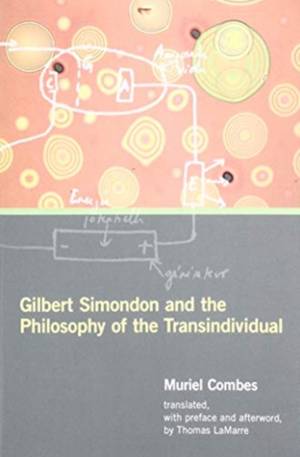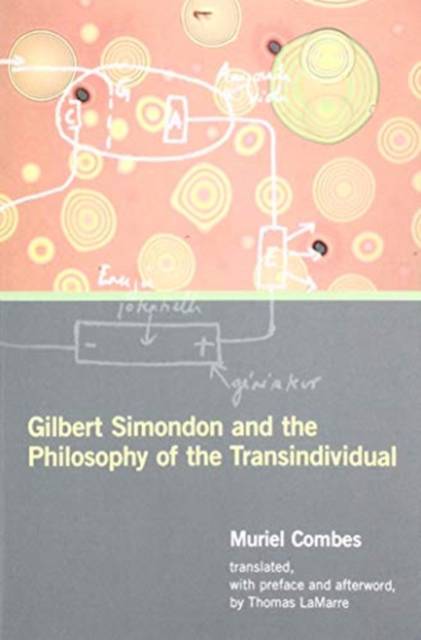
- Retrait gratuit dans votre magasin Club
- 7.000.000 titres dans notre catalogue
- Payer en toute sécurité
- Toujours un magasin près de chez vous
- Retrait gratuit dans votre magasin Club
- 7.000.0000 titres dans notre catalogue
- Payer en toute sécurité
- Toujours un magasin près de chez vous
Description
Gilbert Simondon (1924-1989), one of the most influential contemporary French philosophers, published only three works: L'individu et sa genèse physico-biologique (The individual and its physico-biological genesis, 1964) and L'individuation psychique et collective (Psychic and collective individuation, 1989), both drawn from his doctoral thesis, and Du mode d'existence des objets techniques (On the mode of existence of technical objects, 1958). It is this last work that brought Simondon into the public eye; as a consequence, he has been considered a "thinker of technics" and cited often in pedagogical reports on teaching technology. Yet Simondon was a philosopher whose ambitions lay in an in-depth renewal of ontology as a process of individuation--that is, how individuals come into being, persist, and transform. In this accessible yet rigorous introduction to Simondon's work, Muriel Combes helps to bridge the gap between Simondon's account of technics and his philosophy of individuation.
Some thinkers have found inspiration in Simondon's philosophy of individuation, notably Gilles Deleuze and Félix Guattari. Combes's account, first published in French in 1999, is one of the only studies of Simondon to appear in English. Combes breaks new ground, exploring an ethics and politics adequate to Simondon's hypothesis of preindividual being, considering through the lens of transindividual philosophy what form a nonservile relation to technology might take today. Her book is essential reading for anyone who wants to understand Simondon's work.
Spécifications
Parties prenantes
- Auteur(s) :
- Editeur:
Contenu
- Nombre de pages :
- 144
- Langue:
- Anglais
- Collection :
Caractéristiques
- EAN:
- 9780262537476
- Date de parution :
- 12-10-12
- Format:
- Livre broché
- Format numérique:
- Trade paperback (VS)
- Dimensions :
- 150 mm x 226 mm
- Poids :
- 249 g

Les avis
Nous publions uniquement les avis qui respectent les conditions requises. Consultez nos conditions pour les avis.






